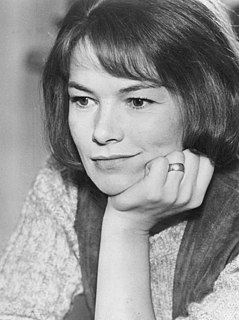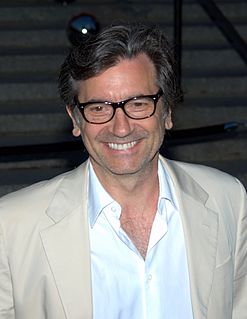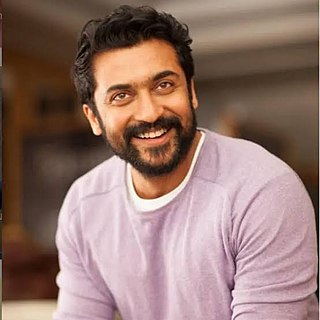A Quote by Mike Nichols
A play, after all, is a mystery. There's no narration. And as soon as there's no narration, it's open to interpretation. It must be interpreted. You don't have a choice... Each play can become many things.
Related Quotes
When you are young and you play football, you must play in the street. When you go to a club at the age of five, and the coach says you must pass this, eat this, drink this... it's not a life. Young people must train for themselves, play football every day, and not have three coaches, with each one saying this and this.






































